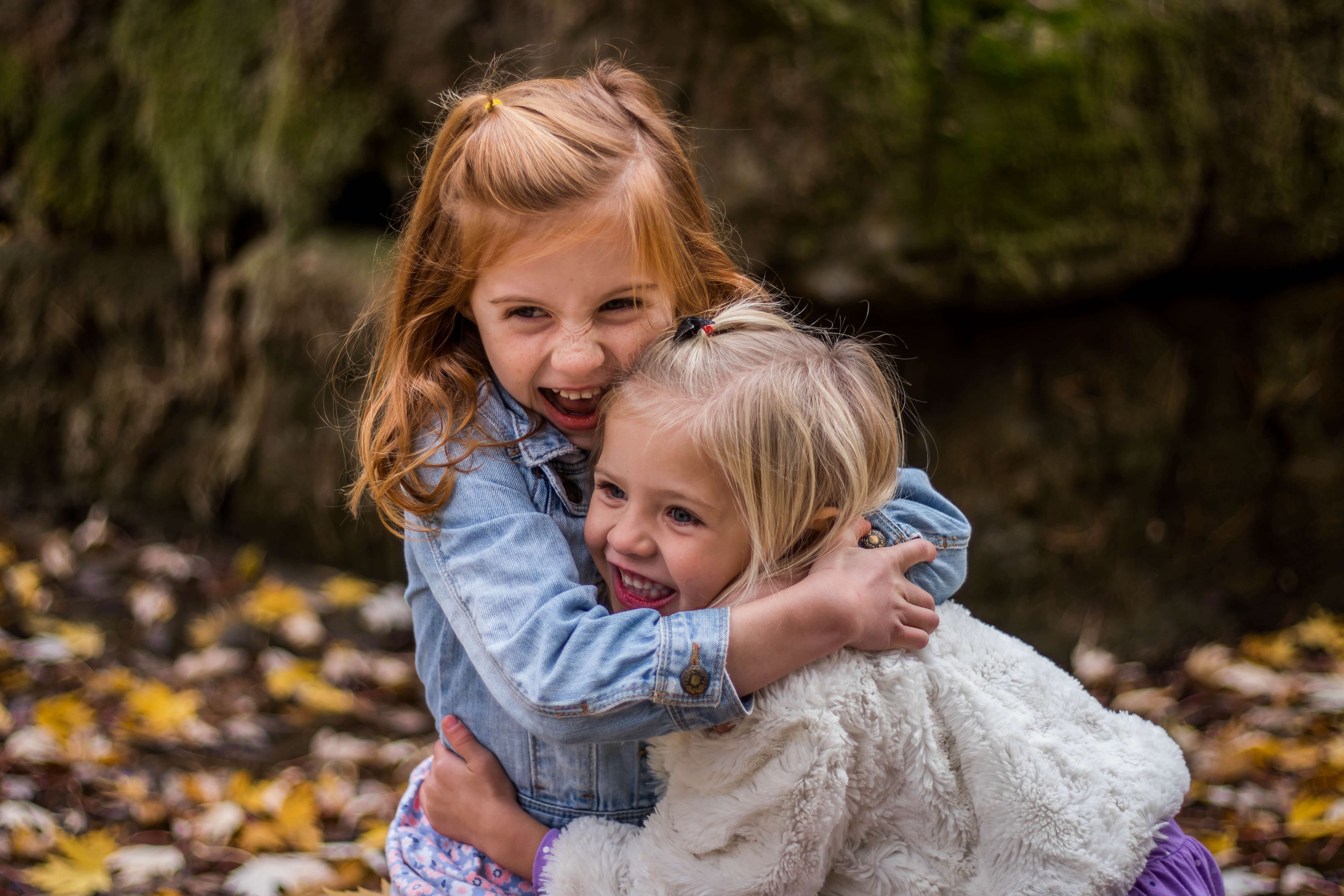Help for children aged 5 to 10 whose worries are affecting their school and/or home life
Relate West Surrey’s Children’s counselling offers 5 to 10 year olds a safe, confidential space in which to express their feelings.
What it is
Children’s counselling helps 5 to 10 year olds who are suffering from anxiety, or who are not wanting to go to school, having friendship problems, have poor self-esteem or self-image, having meltdowns, or finding it difficult to express their feelings.

How it helps
Using creative play and/or art therapy, our highly trained and experienced counsellors show children how to express their feelings. Parents/carers can be invited to participate, if appropriate.
Early help has been shown to prevent problems from escalating and gives children confidence to express their feelings in a safe and non-judgemental space.
What to expect
We see children for between 30 and 45 minutes for an initial appointment with their parents/carers to find out if we can help. Then we book regular weekly counselling sessions of up to 45 minutes.
Children’s counselling case study
A 7-year-old girl who was referred due to deteriorating behaviour at school as well as at home.
She is currently on the waiting list for assessment for neurodiversity.
During the initial assessment, her parents raised concerns about meltdowns triggered by not being able to wait or lose, leading to angry outbursts.
Goal for therapy:
1. A space to explore who she is and learn to accept herself.
2. How to cope when she loses.
She struggled to engage verbally with therapy initially and needed her mum in the room for the whole first session. Each week, she had less time with a parent in her room.Through the play, she was able to work on mastery, which improved her self-esteem.
There was a lot of work around boundaries within the play. One intervention was to mentalise how it is to play with her.
Halfway through the 9 sessions of therapy, parents reported that behaviour improved. As the sessions progressed, she was able to express more of her feelings.
She was able to relax and explore her room as the therapeutic relationship developed, which led to more creative expression.
Please note names have been changed for reasons of confidentiality.


